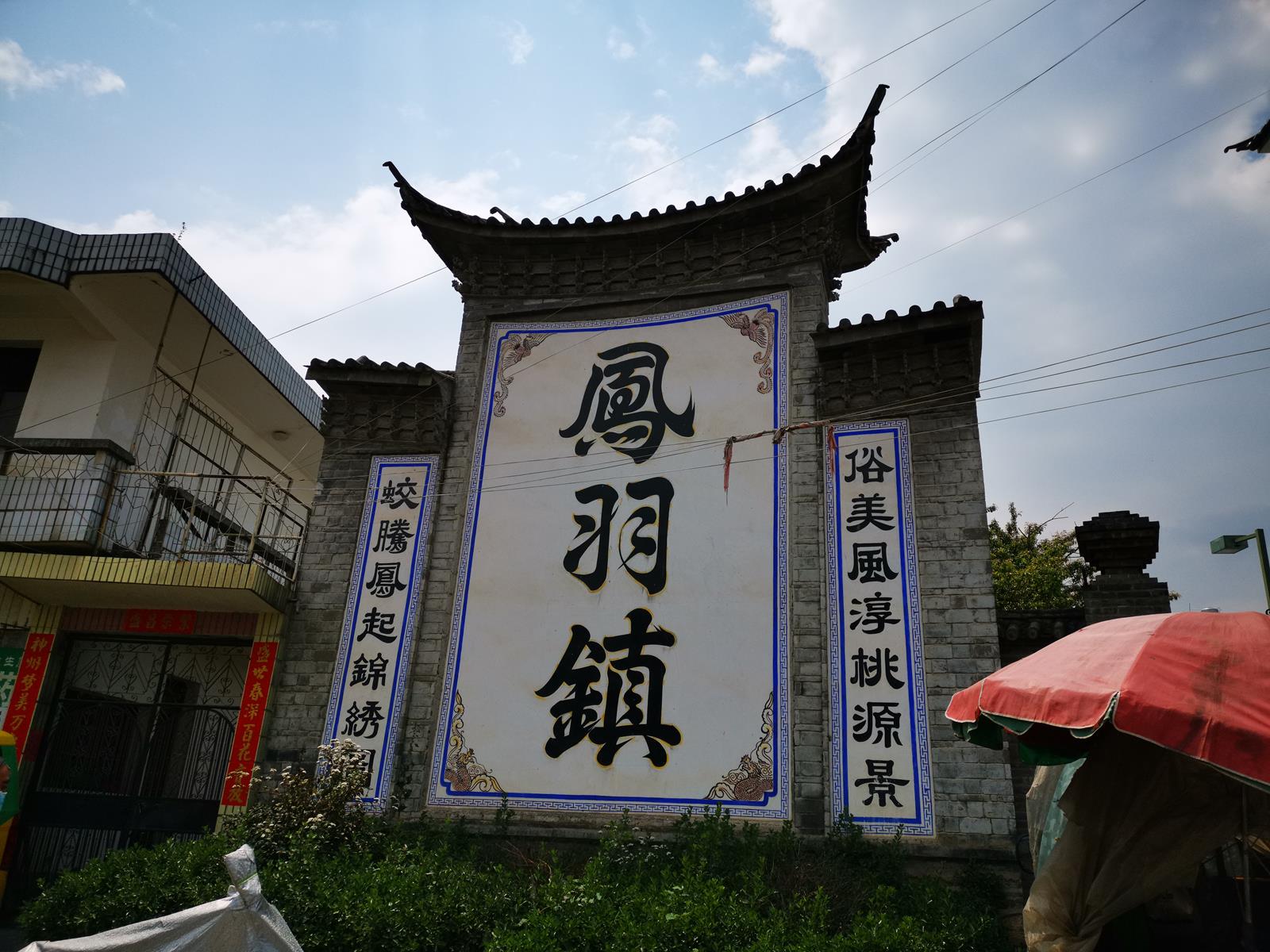


Fengyu Town is a small town located in the southwest of Eryuan County, Yunnan Province. At the source of Erhai Lake, there are beautiful mountains and clear waters, rich products, a long history and splendid culture. It is known as the "hometown of literature and ink." It is a city full of history and culture, a Millennium ancient town.
As early as many years ago, Xu Xiake, a great traveller and geographer, called it a good place of "Peach Blossom Spring". In 2000, it was listed as a "Provincial Historical and Cultural Town". It is famous for its handicraft Fengyu inkstone.
The most well-preserved one is the Fengyu Confucian Temple (Fengxiang Academy), which is also the most elegant building on the old street. It was first built in the fourth year of Emperor Yongzheng of the Qing Dynasty (1726) and was renamed Fengxiang Academy after several reconstructions. It is one of the seven academies in Langqiong County (now Eryuan County).
Passing through the ancient town and heading towards Luoping Mountain, you will find an ancient post road with potholed stone steps, jagged rocks and lush forests, just like an ancient historical book slowly unfolding. According to historical data, Fengxiang Village is located at the intersection of the western line of the Southern Silk Road and the Yunnan-Tibet Line "Ancient Tea-Horse Road". They are all paved with stone slabs and can be passed by sedan chairs and pack horses. It is the only way to enter and leave Yunnan-Tibet.
In addition to the ancient temple and the ancient post road, the ancient town still has the ancient building Dishi, the temple complex of the Three Religions Palace, the Town Locust Tower built in the first year of Tianfu in the later Jin Dynasty (AD 936) and other historical and cultural relics. There are the Confucian, Wu, Helin and Lingjiu Temples built in Tang, Ming, and Qing Dynasties; the Three Religions Palace, Jiqing Temple, Benzhu Temple, Yuhuang Pavilion, Kuixing Pavilion and so on.
Scenic spots and monuments such as ancient pagodas, 12 main temples and a group of cremation tombs in the Yuan and Ming Dynasties show the profound historical and cultural origin and connotation of the ancient town. The prosperity of the old days are clear to see.
Every Tuesday, there is a market held under the long eaves of the street, along the bluestone long street. This is an important area of community life in this ancient town. People in the neighbourhood drink tea, play chess, weave bamboo baskets, and embroider under the eaves.
Walking into the small streets and alleys of the ancient town, you can feel the mottled light and shadow of the years amidst the simplicity and thickness of the historical accumulation.
Fengyu Town, southwest of Eryuan County, Dali, Yunnan.
1. Self-driving: Take the high-speed rail link from Kunming to Dali, then rent a car to Fengyu.
2. By bus: Take the high-speed rail link from Kunming to Dali Station, then take a taxi to Xiaguan Passenger Transport North Station, then take a bus to Eryuan's Fengyu Country Bus.
3. Note: It is recommended to rent a car for a self-driving tour of Dali.









